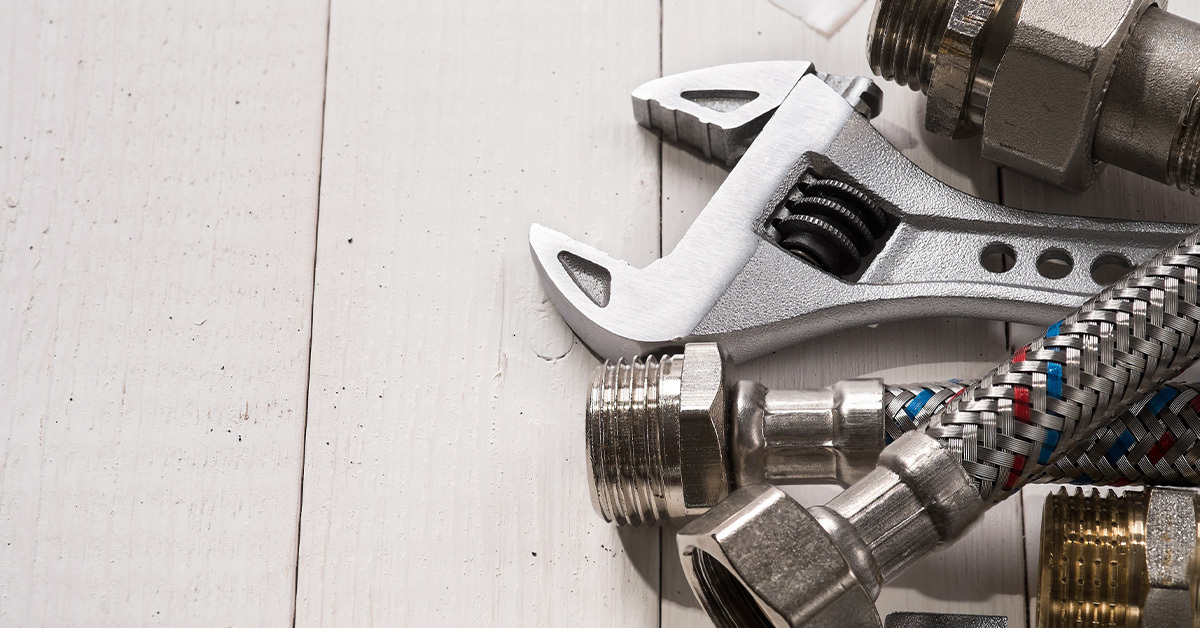Have you considered preparing your plumbing for cooler weather during the fall season? Some homeowners may not think much of it until something happens when the temperatures drop. Preparing in advance helps you know what to do if something unexpected happens with your plumbing. You can prevent costly repairs and learn about any potential problems before things get worse. To save money and avoid plumbing headaches, here are plumbing preparations to consider doing right now before the cold winter hits:

Avoid leaving outdoor hoses connected to your water spout. Disconnect any hoses to prevent water from freezing the hose or freeze damage to connected pipes in your home.
Check any faucets for drips and get them fixed by a plumber. A pipe made from any material, including steel, plastic, or copper, is at risk of damage from freezing due to rising water pressure. A small crack in the pipe could cause flood damage.
If your home has interior shut-off valves for outdoor pipes, shut them off to drain the lines. Any exposed outdoor pipes should be wrapped in insulation. Local home centers carry insulation kits for faucets featuring Styrofoam.
Reduce cooler air from circulating near pipes by sealing cracks and openings near windows and doors.
Flush your water heater to remove buildup to prevent corrosion. It also helps your water heater last longer and improves efficiency. Near the bottom of the tank, drain a few gallons by directing the water to a drain. Check the manufacturer's instructions for your tank.
Check the water pressure of your water heater relief valve carefully. Checking the valve helps release hot water pressure. If it doesn't, it may need replacement. Consult with a plumber if your water heater is over five years.
The temperature thermostat setting for your water heater should be around 120 degrees for optimal performance.
Keep your gutters and downspouts clean and clear by removing leaves and debris. Hire a gutter cleaning service if you cannot clean them yourself.
Reduce the risk of frozen pipes by cleaning and inspecting the sump pump. Doing so also ensures the pump operates properly.
If you leave home for extended periods for travel, set your heat thermostat to no lower than 55 degrees. Turn off the main water valve and open faucets throughout the home to drain the system.
There are other things to consider that could pose a problem to your plumbing if something goes wrong. Ensure your hot water tank works efficiently. Check storm and drain pipes around your home and remove any debris or repair pipes that show signs of damage or deterioration. Remove hoses from outside tap water sources and turn off pipes for sprinkler systems before temperatures dip below freezing. A professional should do winterizing if you intend to leave your home for an extended time.